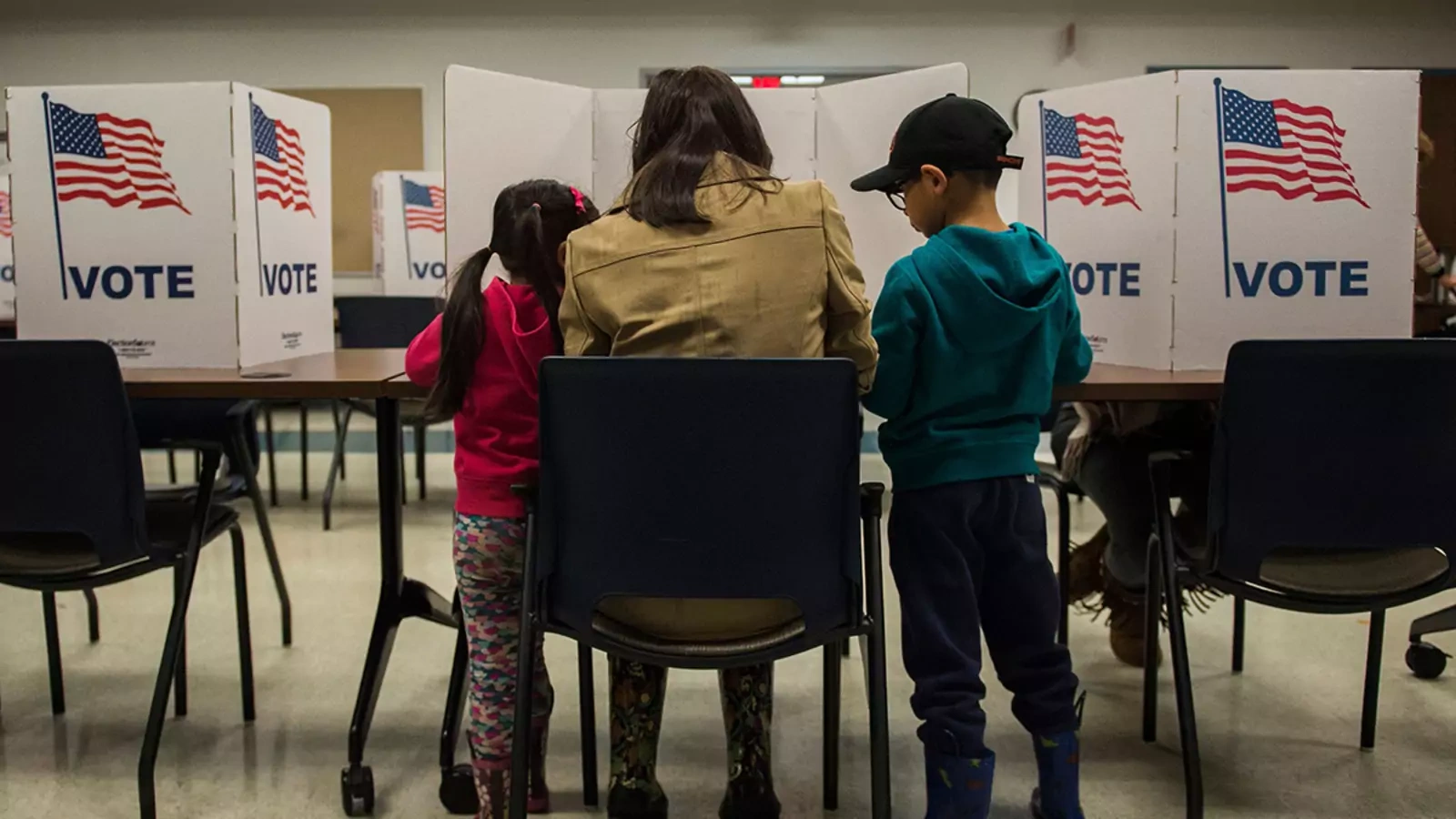We Need to Preserve American Democracy. Here’s How to Do It.

Americans need to understand their obligations to one another and to their country if U.S. democracy is to survive.
Originally published at Boston Globe
January 24, 2023 12:28 pm (EST)

- Article
- Current political and economic issues succinctly explained.
A number of polls indicate that support for democracy in the United States is declining, especially among younger Americans. This is disappointing but not all that surprising. Think about it: In recent years we have lived through two financial crises, costly wars in Iraq and Afghanistan, and a pandemic that has claimed more than 1 million lives and closed schools, churches, restaurants, and many other businesses. There is also growing inequality, mounting debt, and the memory of the Jan. 6, 2021, attack on the electoral process and the US Capitol. Politics is widely seen as a venue characterized more by vitriol and gridlock than anything else. Confidence in the future is fast fading.
The danger is that we are losing sight of the many advantages of American democracy and in our frustration will fail to do what is necessary to preserve it. Order and freedom once lost would be difficult and expensive to reclaim. The good news is that the opportunity to protect American democracy still exists.
More on:
Some perspective would help. Largely missing from the critical view of our politics is an appreciation of the many accomplishments of this democracy. The United States is the richest country in the world and the most powerful. It used this power decisively to end two world wars and defeat fascism, while also ensuring that the Cold War remained cold and ended on terms consistent with Western values. This country has also been an engine of innovation and unprecedented opportunity, lifting the standard of living for hundreds of millions. It has provided a sanctuary for immigrants fleeing persecution. With one obvious exception in American history, the rule of law has prevailed and we were able to sort out major differences without experiencing largescale civil conflict.
The negative take on democracy also overlooks the flaws of the alternatives. Authoritarian systems demonstrate scant regard for individual political, economic, and religious freedoms; to the contrary, individual rights and the rule of law are repressed as they are seen as a threat to the system itself. Leaders of such governments have difficulty admitting their errors lest doing so lead to challenges against their rule. In such systems, poor policies tend to lead to worse ones.
A democracy, by contrast, offers a chance for self-correction as voters can vote out leaders who have failed them. American democracy has demonstrated time and again this capacity for change and renewal: The abolition of slavery; the extension of the right to vote; a willingness to end questionable foreign entanglements; the maintenance of a free press able to shine a spotlight on those exercising power; the ability to change the individuals and parties controlling the White House and Congress — these are hallmarks of functioning democratic governance. Yes, costly errors have been made, from the wars in Vietnam and Iraq to Watergate and the 2007-2008 financial crisis, some out of good motives, others not, but regardless, American democracy has more often than not found a way to hold those responsible accountable politically and to substitute new policies for old.
So what needs doing if American democracy is to endure for another two and a half centuries? Ensuring that every American has the same rights remains an unfinished but vital task. Opportunity must be real in both principle and practice. This means continuing to make progress on combatting discrimination based on race, religion, gender, or sexual orientation. Access to quality education for all should be a priority as education empowers individuals to compete and achieve. Here we also need to make sure that those with wealth and connections do not enjoy special advantages. This calls for taking a hard look at legacy admissions to elite schools and at inheritance taxes (or the lack of them) that perpetuate an American aristocracy.
But ensuring equal rights, as important as it is, will not by itself cure what ails American democracy. Americans also need to understand what is required of them — their obligations to one another and to their country. Indeed, the very idea of citizenship needs to be reimagined so that obligations and rights are placed on an equal footing.
More on:
The best way to accomplish this is through mandatory civics education that teaches Americans why democracy is of value, how it operates, and what is required of citizens if it is to work well. No student should be able to graduate high school or leave a college campus without exposure to the foundational texts of American democracy, from the Declaration of Independence to the Constitution and the Federalist Papers, and without an understanding of the ideas and structures at the heart of this country, along with its essential history.
Making national service more common would also help. Americans increasingly live separate lives with few common or overlapping experiences. One or two years of working for local, state, or national organizations would help break down these silos and at the same time undo some of the myths and misinformation that have led many Americans to see their government as a threat.
Other obligations include embracing compromise, remaining civil, avoiding violence even amid profound political disagreements, and putting country above partisan and personal interests.
What will matter most for America’s future is what ordinary citizens do. Calls for political reforms — even sensible ones — will largely fail if voters are not prepared to first get informed and then get involved in the political process, rewarding those candidates who are prepared to make necessary compromises, reject violence, work across party lines, and put the country first.
We get the government and the country we deserve. Getting the one we need, though, is up to us.
 Online Store
Online Store